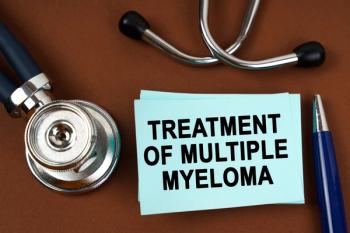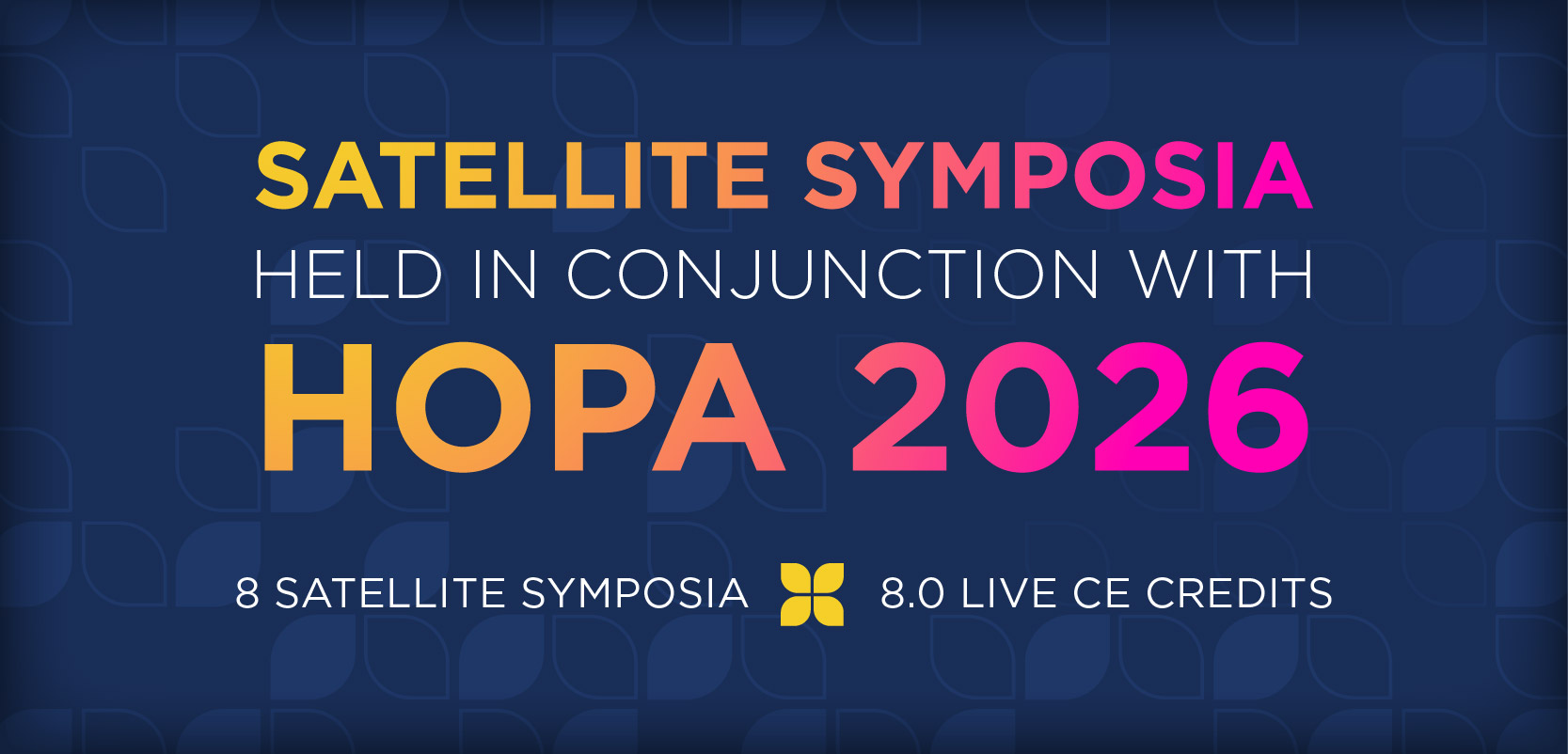
Study: Certain NF1 Brain Tumors May Benefit from Immunotherapy
Slow-growing gliomas in patients with neurofibromatosis type 1 may be vulnerable to immunotherapy.
Immunotherapy may be effective in treating brain tumors in patients with neurofibromatosis type 1 (NF1), according to a new study published in Nature Medicine.
NF1, a hereditary disease that affects an estimated 100,000 individuals in the United States, can cause tumors throughout the nervous system. Although effective in many types of cancer, immunotherapy has not produced results in treating brain tumors due to large numbers of tumor-infiltrating macrophages.
However, the study authors found that many slow-growing gliomas, a type of brain tumor that often develops in NF1, produce proteins that can trigger an immune system attack but contain fewer macrophages than other brain tumors. The study included an in-depth analysis of tumor samples from 56 patients to create the first comprehensive inventory of the genetic, epigenetic, and immune alterations in NF1 gliomas.
According to the findings, approximately 50% of the slow-growing NF1 gliomas contained large numbers of T cells that have the ability to destroy cancer cells, making them susceptible to immunotherapy.
Additionally, the study also showed that a subgroup of brain tumors in patients without NF1 share the same molecular profile as the slow-growing NF1 gliomas. The researchers indicated the future research could establish whether these tumors also exhibit the same immune features and could potentially be vulnerable to immunotherapy.
Unlike the slow-growing NF1 gliomas, more aggressive tumors were infiltrated with macrophages, making them less receptive to immunotherapy. However, the researchers found that many of the more aggressive tumors had a genetic defect that could make them vulnerable to DNA-damaging therapies.
Researchers Antonio Iavarone, MD, and Anna Lasorella, MD, indicated that the study findings could have clinical implications for patients with NF1 and may provide better insight into how to design individualized treatments.
“If we treat the aggressive tumors with DNA-damaging agents, we might be able to introduce even more DNA errors that eventually prevent the cells from replicating and stall the growth of the tumor,” Dr Iavarone said in a press release about the findings.
References
D’Angelo F, Ceccarelli M, Garofano L, et al. The molecular landscape of glioma in patients with Neurofibromatosis 1. Nature Medicine. 2018.
Some Brain Tumors May Respond to Immunotherapy, New Study Suggests [news release]. Columbia University Irving Medical Center’s website.
Newsletter
Stay informed on drug updates, treatment guidelines, and pharmacy practice trends—subscribe to Pharmacy Times for weekly clinical insights.








































